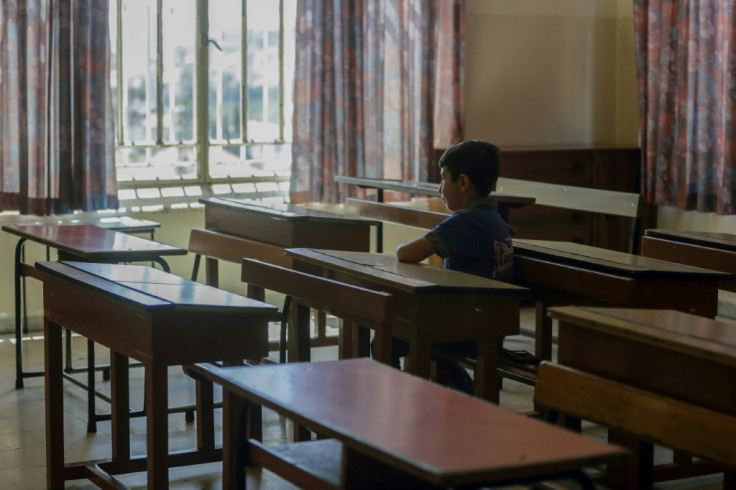Unpopular school children at higher risk of heart and circulatory ailments later in life
Boys who experienced being unpopular among their peers when they were 13 tend to have a 34 percent increased risk of suffering from circulatory ailments.
Children who are the least popular in school may not only experience wounded feelings, but they are prone to suffer from health complications later in life. New research found that these children have an increased risk of suffering from diseases relating to the heart and blood vessels in adulthood.
The study, published in BMJ Open, conducted by researchers from Stockholm University in Sweden, found that boys who experienced having a "low status" or were unpopular among their peers when they were 13 years old tend to have a 34 percent increased risk of suffering from circulatory ailments upon reaching adulthood as compared to those who did not undergo the same experience among peers. The risk for girls was a bit lower at 33 percent.
The study analysed 5,410 men and 5,990 women whose status among their peers when they were 13 was known. One of the ways that researchers utilised, to assess the status of an individual is to ask who among their classmates they prefer to work with, and they will then be monitored until they are in their sixties. Those who got zero nominations from classmates, otherwise termed as the marginalised, showed a higher risk of circulatory disease later in adulthood in both males and females.
The researchers were quite perplexed at the results as they could not exactly pinpoint what brought about the increased risk among the "unpopular" children. They surmised though that adversity during childhood could have influenced mental disorders in adulthood, including adverse effects of alcohol misuse.
The team also noted that social isolation, low peer status, and also marginalisation may be distressing during childhood. These kids lack the emotional and social support. They also suffer from reduced opportunities for making friends in school. The disturbance in children's emotional and social development often leads to adverse behaviours later on.
One example is a child who gets bullied when he was younger. Victims of bullying have a higher risk of developing depression and anxiety. They are also more prone to smoking, which can lead to adverse results for the heart. The researchers noted that longitudinal studies showed that such issues can persist even up to adulthood.
A senior cardiac nurse at the British Heart Foundation said that such a study may highlight the association between physical and mental health, but it must not also be a cause for unnecessary anxiety about how childhood unpopularity can impact the long-term risk of heart and circulatory disease.
© Copyright IBTimes 2025. All rights reserved.






















